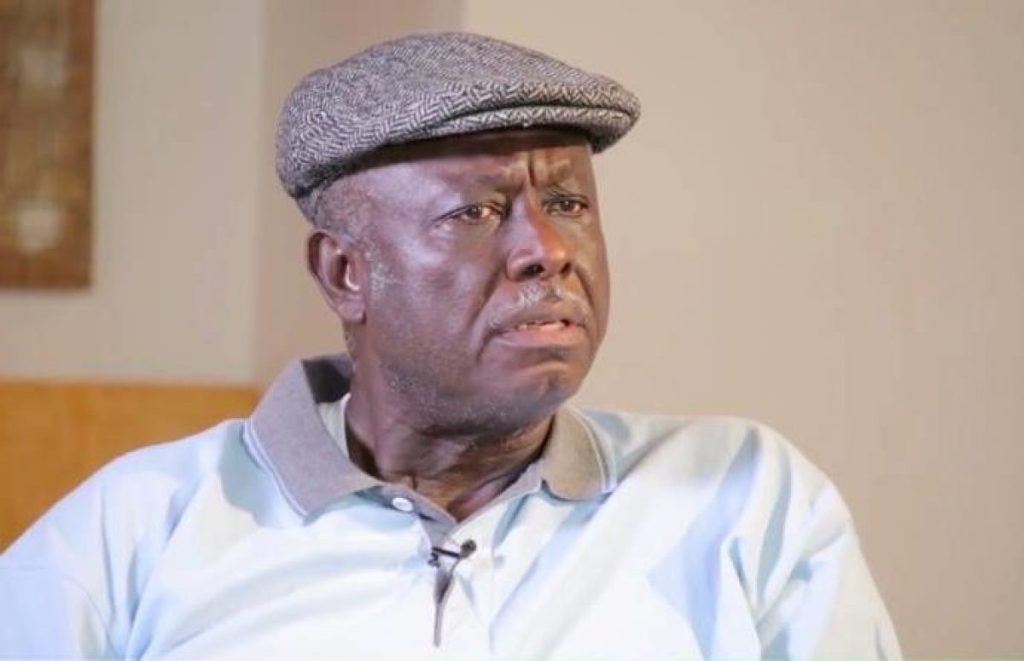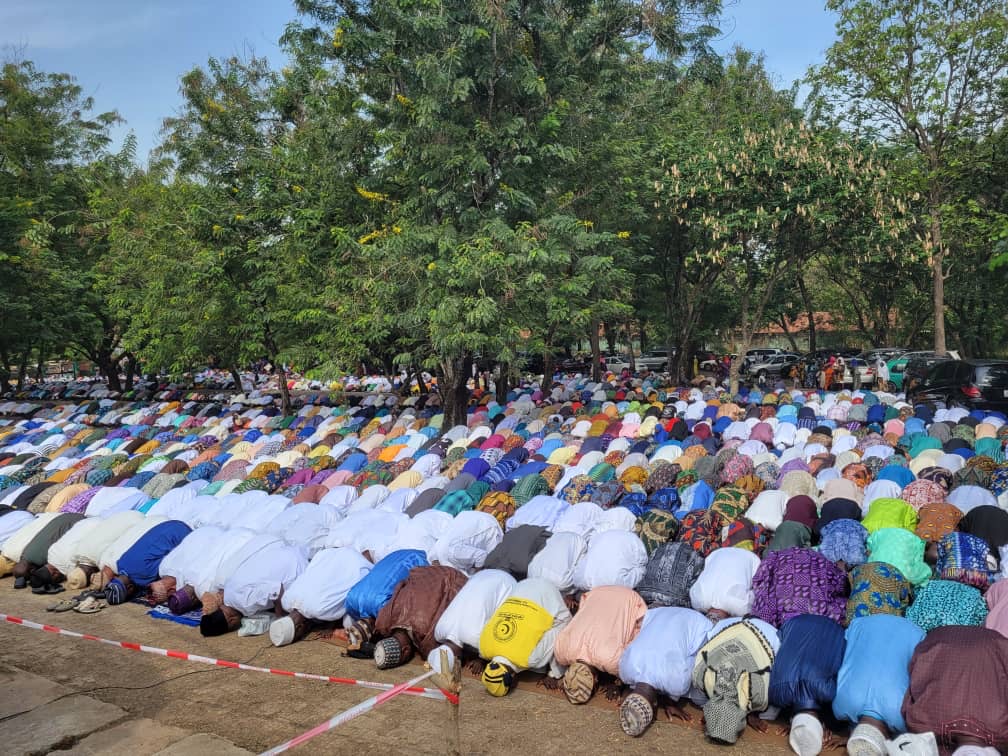A Nigerian senator has opposed calls to entirely abolish the country’s 1999 constitution, asserting that targeted amendments rather than a full overhaul would better address its shortcomings. Peter Onyekachi Nwebonyi, Deputy Chief Whip of the Senate and chairman of the South East Zonal Public Hearing on Constitutional Amendment, made the remarks during a televised interview, arguing that while the document originated under military rule, many provisions “still stand the test of time.” His comments come amid national debates about constitutional reforms, including proposals for state police, resource control, and geopolitical parity.
Speaking on Arise TV Prime Time on Thursday, Nwebonyi emphasized that Nigerians retain the right to push for revisions to specific sections through ongoing legislative processes. As head of the South East’s zonal hearing held July 4–5, 2025, he noted robust regional demands for decentralizing governance, including state police and devolution of federal powers. However, he singled out state creation as a uniquely pressing issue for the South East, the only zone with five states compared to six or seven elsewhere. “Equity demands that this imbalance be corrected,” he said, urging other regions to back the creation of at least one additional state in the area.
The lawmaker also endorsed proposals to transfer control of solid mineral resources to states, allowing them to manage extraction while remitting taxes and royalties to the federal government—a move he claimed would stimulate economic growth. Additionally, he voiced support for establishing state-level policing to address localized security challenges, a recurring national concern.
Nwebonyi revealed plans for a joint National Assembly public hearing to consolidate feedback from citizens on constitutional changes, expressing confidence that revised legislation would secure presidential approval. While acknowledging critiques labeling the 1999 constitution as a vestige of military authoritarianism, he maintained that gradual reforms offer a more pragmatic path than scrapping the framework entirely. The debate highlights Nigeria’s balancing act between addressing historical grievances and pursuing structural change through democratic channels.



